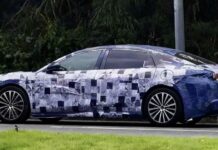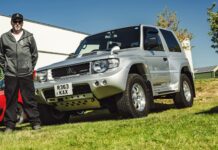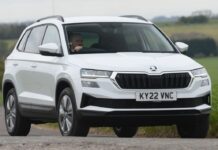Mitsubishi will develop a hybrid powertrain for its Triton ute without leveraging technology from its Renault-Nissan Alliance partners. Despite sharing platforms with Nissan and Renault, the automaker intends to pursue its own hybrid development, citing cost and brand differentiation as key factors. This decision comes as competitors like Toyota, Ford, and BYD rapidly introduce electrified ute options.
Alliance Sharing vs. Independent Development
The Renault-Nissan Alliance, formed in 1999, has historically enabled cost-sharing through platform and engine reuse. Mitsubishi joined the alliance in 2016, resulting in models like the rebadged Renault Captur (ASX) and the Nissan X-Trail-derived Outlander. However, Mitsubishi engineer Kaoru Sawase emphasized that the Triton hybrid will be developed independently.
“We want to develop this Mitsubishi Motors technology,” Sawase stated. “There is no impact of Nissan speeding up the process.” This approach, while potentially more expensive in the short term, aligns with the brand’s desire to maintain distinct characteristics.
Cost and Differentiation as Key Drivers
Despite the potential for efficiency gains through shared technology, Mitsubishi has concluded that using its own hybrid system is financially viable. Sawase explained that while the alliance encourages cooperation, each brand must factor in the cost of differentiation.
“Each brand has passions; different ways of it being used, different character, different aims and goals,” he said. This suggests that Mitsubishi prioritizes maintaining control over its technology to align with its specific brand identity.
Hybrid Before Electric: Mitsubishi’s Roadmap
Mitsubishi has confirmed plans for an electric ute by 2028, but a hybrid model will precede it. The company’s global chief of engineering, Hiroshi Nagaoka, has stated that a hybrid powertrain – plug-in or otherwise – is necessary before a full electric transition.
The current Triton, launched in 2023, is available only with a 2.4-liter turbo-diesel engine. The 2026 Nissan Navara will use the same powertrain.
Competitive Landscape: Electrification Race Heats Up
Mitsubishi’s decision to go solo on hybridization comes as rivals aggressively electrify their ute lineups. Toyota has confirmed a battery-electric HiLux for 2026, while Ford has already released a Ranger PHEV in Australia. BYD, GWM, JAC, and Chery also have hybrid and electric utes planned.
Mitsubishi’s independent approach suggests a strategic focus on maintaining brand identity and control over its technology in an increasingly competitive electrification race. The company believes that developing its own hybrid system will allow it to meet its goals without compromising its unique character





































